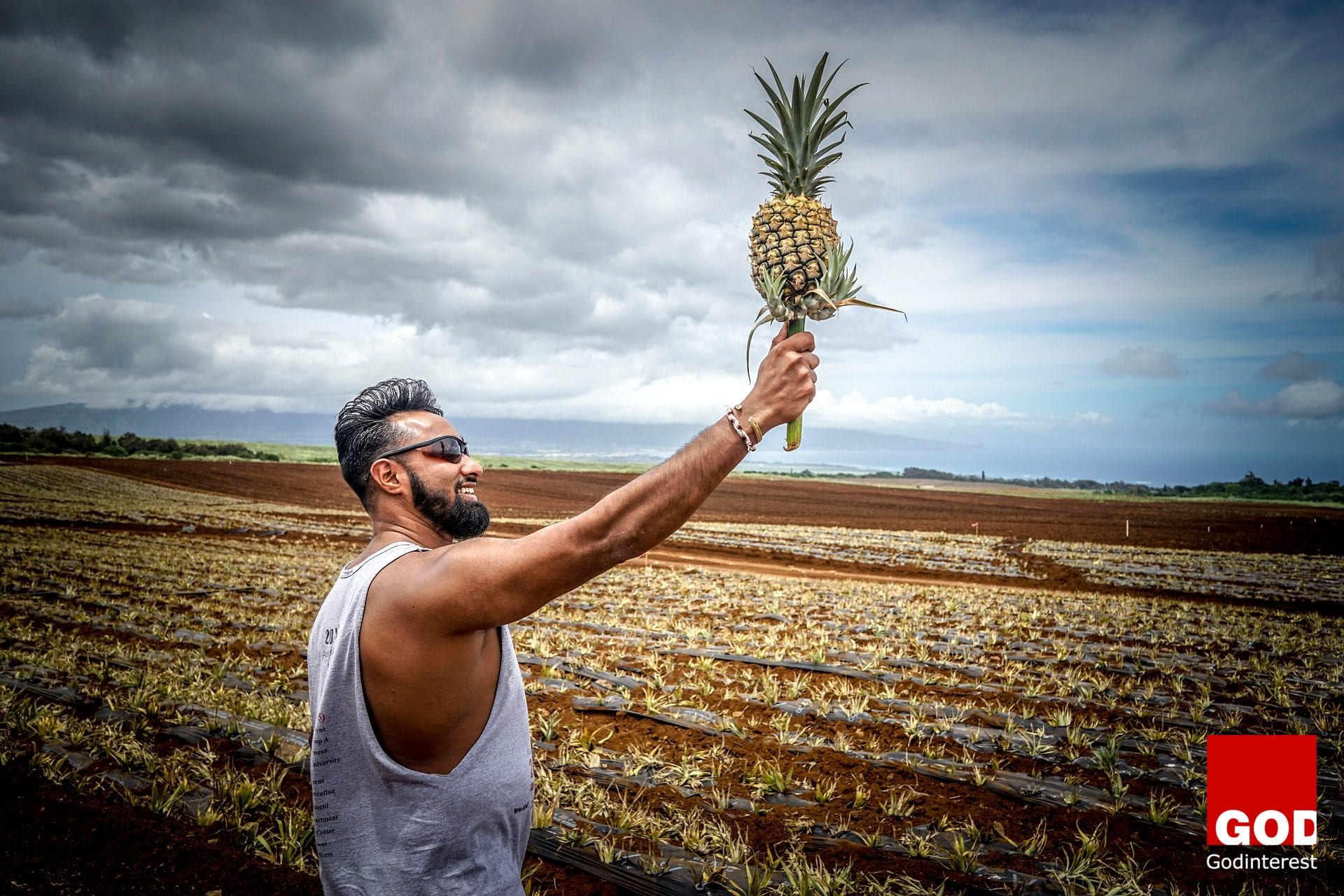A year ago, I was actively involved in the oppression and enslavement of men, women, and children around the world. Every day, decisions that I made and money I mindlessly spent supported evil businessman that used people in desperate situations to get rich. And I had no idea.
One fall afternoon I was looking for something to watch on Netflix and began streaming the film The True Cost. What I saw over the next hour and a half incited feelings of nausea, devastation, and rage. And the way I view clothes has not been the same ever since.
The film gives an overview of the fashion industry, and how the majority of clothes around the world are produced. They interviewed actual factory workers who told of their experiences. One woman’s story, in particular, chilled me to the bone. She told of how she tried to unionize for fairer pay, as most garment workers make roughly $2 per day. Due to her request, she and her coworkers were locked in a room, beaten, struck with scissors, and forced to continue working. As she told her story, choking back tears, she cried, “I don’t want people to wear clothes that were made with our blood.”
This is a normal occurrence around the world in garment factories and cotton farms. Children are forced out of school to pick cotton in brutal conditions. People are forced to work in dangerous conditions for little to no money.
On the other side of the globe, we are fueling this horrible industry. We buy clothes as a hobby, and we never have enough. We trample people for the best Black Friday deals, as if the stuff we can buy is more important than the people around us, and the people making these items for us to purchase.
Google “Rana Plaza Collapse”. Rana Plaza was a building that housed multiple garment factories in Bangladesh. The factory owners received several warnings about the structural integrity of the building, as large cracks in the building were discovered. Regardless, the garment factory bosses ordered their workers to continue coming to work. It collapsed in 2013, killing 1,134 people and injuring thousands more. Many companies were having clothes made in these factories, including J.C. Penney, Walmart, The Children’s Place, Primark, Zara, and more.
Isaiah 1:17 says, “Learn to do right; seek justice. Defend the oppressed. Take up the cause of the fatherless; plead the case of the widow.”
Injustice and oppression are the driving forces of much of the clothing industry. Let’s refuse to turn a blind eye to this. Instead, let’s commit to seek justice and defend the oppressed. Here are a few steps that I have found helpful in this journey:
1. Buy less. How many clothes do you actually need? Most people around the world, outside of North America and Europe, have a minimal number of outfits if they have more than one. I’m not saying get rid of all your clothes and become a minimalist. But before you buy your fourth pair of black shoes or your seventh blue t-shirt, ask yourself, “Do I really need this?”
2. Buy Fair-Trade. Clothes that are certified Fair-Trade ensure that people are treated well. By buying these clothes, you can actually support the garment worker themselves, and allow them to continue their craft.
3. Find a few companies that are committed to treating people well, and become a committed customer. A few that I have started shopping at are Everlane, Krochet Kids International, Pact, and Oliberte.
This may be all new for you, and you are processing the devastating reality of the clothing industry. If you are coming to grips with this reality, I encourage you to commit to the charge of Isaiah 1:17. Seek justice. Defend the oppressed.
Visit Us
Godinterest Community Fellowship is dedicated to proclaiming Christ and set apart to save and empower lives. Sign-up to receive inspiration to draw closer to God each day.
Our Location: Central London Community Church - Crawford Place, London, W1H 5JE
Regular Meetings Divine Service: Every Saturday from 11:15 AM
Godinterest is sponsored by Dean Jones of Jamaica Homes



